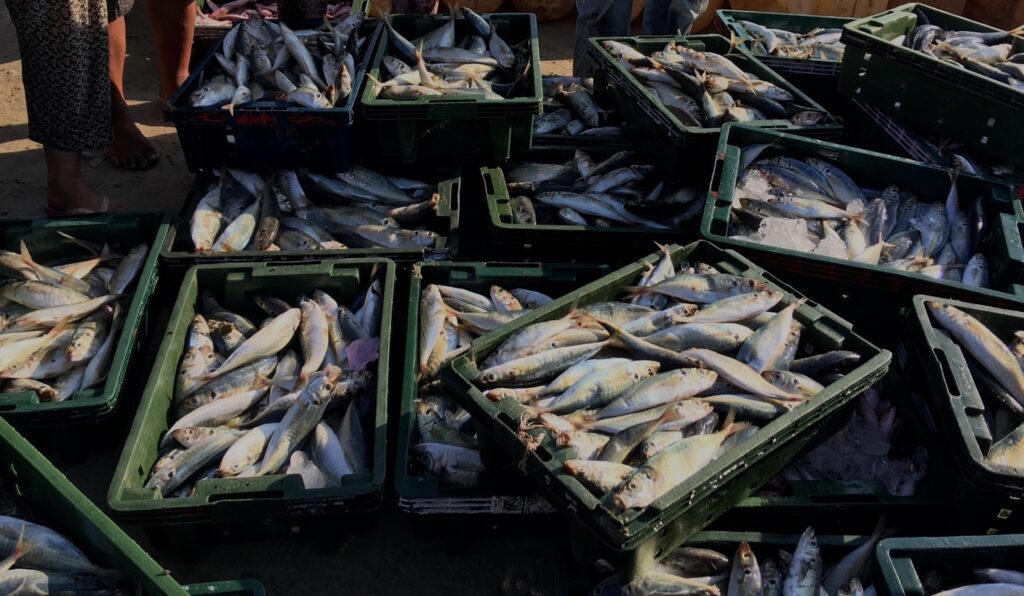The Fish Market: More is not always better
Material for Students

It is early morning at the fish market on a lonely Pacific island. The mist is rising, the gulls are calling, and the fishermen have just returned to the harbor with their catch. A noisy crowd of villagers have come to the fish market to gossip and buy their dinners.
There are no refrigerators on the island and day-old fish will spoil. One fish is enough to feed a family for a day, so each demander wants at most one fish. Demanders value the fish according to their Buyer Value. The overall distribution of Buyer Values will be the same in both Sessions, though individual Buyer Values may change from one round to another.
The number of fish that a fisherman catches may vary from round to round. Sometimes a fisherman may catch only one fish, sometimes two or three fish. Last night, before going out to sea, every fisherman had to pay 10€ to fuel his fishing boat. This money has already been spent, and so every fisherman has costs of 10€ regardless of how many fish he sells. Once a fish is caught, no other expenses are incurred in selling it. Fishermen cannot save any costs by not selling their fish.
Because of changes in the weather, fishermen will catch more fish in the second Session than in the first.

